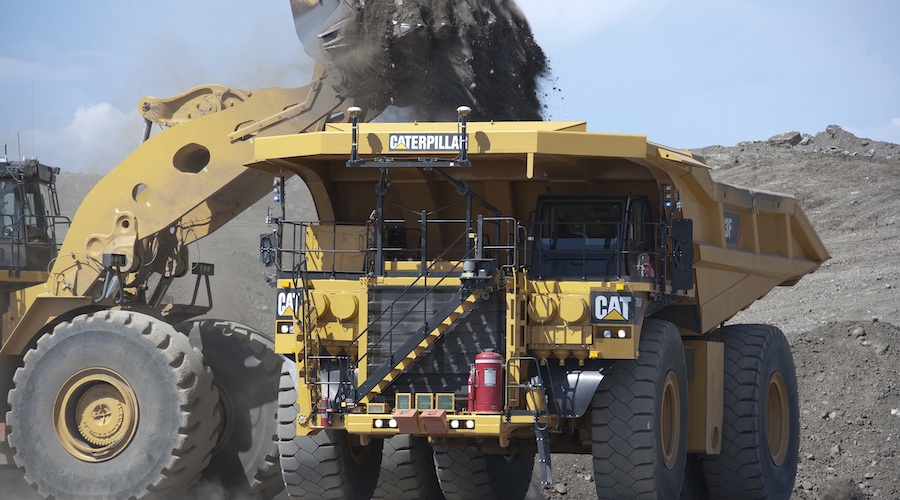2023 is ‘likely to surprise’ us as much as 2022 did, finds White & Case survey

Inflation and geopolitics have overtaken ESG as the biggest concerns for 2023, while energy costs, shifting supply chains, and climate-related regulation and activism still worry firms.
Despite shared concerns, there is surprisingly little agreement on the economic outlook, how market players will respond, or what will be the pervasive theme for the year ahead.
These are chief among the conclusions of the seventh annual survey of industry participants by legal services firm White & Case. The report, released Thursday, draws on the reflections of 156 senior decision-makers.
Among the key insights from the report, 18% of respondents cited inflationary cost pressures as the largest risk (up from 4% in 2022), followed by geopolitics (16%). This is a marked change from 2022, where ESG dominated the perceived risks – 24% compared to 11% in 2023 – as other pressures have grown in importance.
Since the invasion of Ukraine in February 2022 and the imposition of zero-Covid measures in China, the markets faced a perfect storm of competing pressures which is unlikely to subside entirely in 2023.
Ranked the third-highest concern, survey respondents expect costs to remain higher for longer despite signs of relief, with high energy costs coming in fourth for respondents among the most significant risks for 2023. Trade tensions will also likely increase inflationary pressures for end-users, feeding into operating expenses and markets more generally.
Amid uncertainty in the industry, the December quarter saw a decade-high number of mergers and acquisitions, nearly matching the total volume of deals for the preceding three-quarters of last year, according to the report.
Mining companies continue to make acquisitions and investments, knowing that whatever turbulence they face today, the material demands of the energy transition and the risk of supply deficits are stark.
{{ commodity.name }}
{{ post.title }}
{{ post.date }}




Comments